Home>Gardening & Outdoor>Outdoor Structures>How To Get Rid Of A Possum Under Your Shed
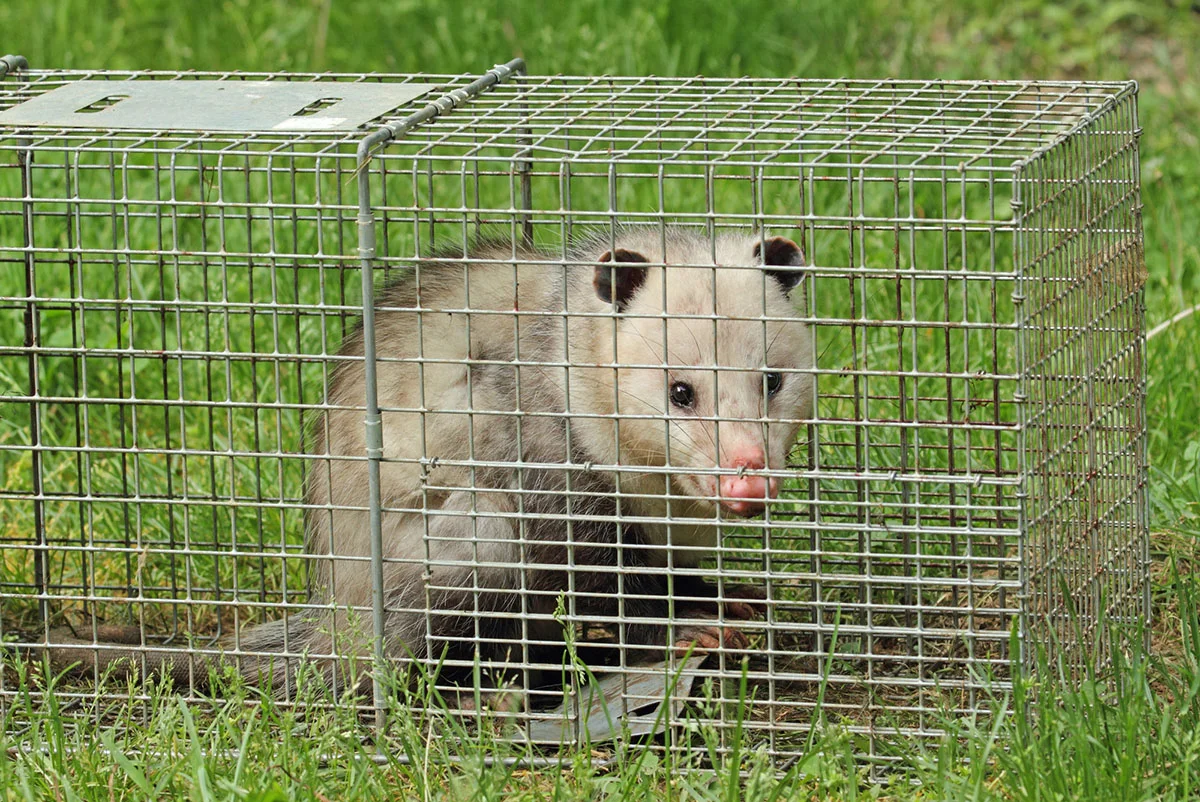

Outdoor Structures
How To Get Rid Of A Possum Under Your Shed
Modified: August 27, 2024
Learn effective methods for removing a possum from under your shed. Protect your outdoor structures with our expert tips and advice.
(Many of the links in this article redirect to a specific reviewed product. Your purchase of these products through affiliate links helps to generate commission for Storables.com, at no extra cost. Learn more)
Introduction
Dealing with a possum under your shed can be a challenging and, at times, frustrating experience. These nocturnal creatures are known for their adaptability and elusive nature, making them a common nuisance for homeowners. However, it's important to approach the situation with empathy and a commitment to humane solutions. In this comprehensive guide, we'll explore effective methods for safely and responsibly addressing a possum infestation under your shed. From understanding possum behavior to creating a safe environment and utilizing deterrents, we'll cover everything you need to know to handle this situation with care and consideration. Whether you're a seasoned homeowner or new to the world of wildlife encounters, this guide will equip you with the knowledge and strategies to peacefully resolve the presence of a possum under your shed. So, let's delve into the fascinating world of possum management and discover how to coexist harmoniously with these intriguing creatures.
Key Takeaways:
- Understanding Possum Behavior
Possums are nocturnal, non-aggressive creatures that play a valuable role in the ecosystem. Understanding their behavior helps in peacefully resolving their presence under your shed. - Creating a Safe Environment
Removing food sources, securing the shed, and using non-invasive deterrents can encourage possums to relocate without causing harm. This fosters a harmonious coexistence with wildlife.
Read more: How To Get Rid Of Possums In Your Attic
Understanding Possum Behavior
Before addressing the presence of a possum under your shed, it’s essential to gain insight into their behavior. Possums are nocturnal marsupials known for their solitary and territorial nature. They are skilled climbers, often seeking refuge in elevated spaces such as trees, attics, and, of course, sheds. These creatures are opportunistic omnivores, feeding on a diverse diet that includes fruits, insects, small animals, and even pet food left outside.
Possums are generally non-aggressive and prefer to avoid confrontation. When feeling threatened, they may exhibit defensive behaviors such as hissing or baring their teeth. However, their primary instinct is to seek shelter and food without engaging in conflict. Understanding their behavior is crucial in approaching the situation with compassion and respect for these wild animals.
It’s important to note that possums play a valuable role in the ecosystem by controlling insect populations and aiding in seed dispersal. With this in mind, addressing their presence under your shed should prioritize non-lethal and ethical methods to encourage peaceful coexistence.
Identifying the Possum
Possums, often confused with their distant relatives, the opossums, are unique creatures with distinct physical features. They have a robust build, a pointed face, and a prehensile tail that aids in climbing and balancing. Their fur can vary in color from gray to brown, and they are typically around the size of a domestic cat, with adults weighing between 4 and 15 pounds.
One of the most notable characteristics of possums is their large, round ears and a pink nose. Their sharp claws are well-suited for climbing and foraging. When identifying a possum, it’s important to consider their nocturnal habits. Sightings during the day may indicate distress or illness, as possums are primarily active at night.
Furthermore, possums are known for their distinctive vocalizations, which include hissing, growling, and screeching. These sounds are often heard during territorial disputes or when feeling threatened. By familiarizing yourself with the physical traits and behaviors of possums, you can confidently identify their presence under your shed and take appropriate measures to address the situation.
Assessing the Situation
When confronted with a possum under your shed, a thorough assessment of the situation is crucial in determining the most effective course of action. Start by observing the possum’s behavior from a safe distance. Note its movements, feeding patterns, and any signs of distress or injury. It’s essential to approach the assessment with a calm and empathetic mindset, recognizing that the possum is simply seeking shelter and sustenance.
Inspect the area around the shed for potential entry points and any attractants that may be luring the possum. Common entry points include gaps in the structure, broken vents, or openings around utility lines. Additionally, ensure that there are no accessible food sources such as pet food or unsecured garbage that may be encouraging the possum to stay in the vicinity.
Assess the structural integrity of the shed to identify any potential safety hazards. This is especially important if you plan to implement deterrents or exclusion methods to encourage the possum to vacate the area. By thoroughly evaluating the situation, you can develop a well-informed strategy that prioritizes the safety and well-being of both the possum and your property.
To get rid of a possum under your shed, use ammonia-soaked rags or predator urine near the entrance. This will discourage the possum from staying.
Creating a Safe Environment
Establishing a safe and secure environment around your shed is essential for peacefully resolving the presence of a possum. Begin by removing any potential food sources that may be attracting the possum. This includes securing garbage bins, removing fallen fruits, and bringing pet food indoors during the night. By eliminating these attractants, you can discourage the possum from lingering in the area.
Inspect the shed for any potential entry points and address them promptly. Seal off gaps, repair broken vents, and ensure that the structure is free of openings that may serve as access points for the possum. It’s important to approach this process with care, as the goal is to encourage the possum to relocate rather than trapping it inside the shed.
Consider installing motion-activated lights or ultrasonic devices around the shed to deter the possum from frequenting the area. These non-invasive methods can help create an environment that is less appealing to the possum without causing harm or distress.
Furthermore, if you have pets, it’s advisable to supervise their outdoor activities, especially during the evening hours. This not only minimizes potential encounters with the possum but also contributes to a safer and more controlled outdoor environment for all inhabitants.
By creating a safe and unwelcoming environment for the possum, you can gently encourage it to seek alternative shelter and food sources, fostering a harmonious coexistence between wildlife and your property.
Read more: How To Get Rid Of Rats Under A Shed
Using Deterrents
Implementing deterrents can be an effective strategy for encouraging a possum to relocate from under your shed. There are several humane and non-lethal methods that can help discourage the possum from frequenting the area without causing harm to the animal.
One approach is to use strong scents or odors that possums find unpleasant. This can include ammonia-soaked rags or cotton balls placed strategically around the shed. Additionally, natural repellents such as citrus peels or predator urine (commercially available) can be utilized to create an environment that the possum finds unappealing.
Installing motion-activated sprinkler systems near the shed can startle the possum and deter it from returning. The sudden burst of water serves as a harmless yet effective deterrent, encouraging the possum to seek shelter elsewhere.
Ultrasonic devices emit high-frequency sounds that are disruptive to possums without causing harm to them or other wildlife. These devices can be placed around the perimeter of the shed to create an environment that is less inviting to the possum.
It’s important to regularly monitor the effectiveness of deterrents and make adjustments as needed. While these methods are non-invasive, they should be employed with the intention of gently encouraging the possum to find a more suitable habitat rather than causing distress or harm.
By utilizing these humane deterrents, you can create an environment that encourages the possum to seek alternative shelter, fostering a peaceful resolution to the situation.
Seeking Professional Help
If the presence of a possum under your shed persists despite your efforts, or if you are uncomfortable addressing the situation on your own, seeking professional assistance is a viable and responsible option. Wildlife professionals, such as licensed trappers or animal control experts, have the knowledge and experience to handle possum-related issues effectively and ethically.
When engaging a wildlife professional, it’s important to prioritize humane and non-lethal methods of addressing the possum infestation. Professionals can assess the situation, identify the root cause of the issue, and implement strategies to encourage the possum to relocate without causing harm to the animal.
Trusted wildlife professionals can also provide valuable insights on preventing future possum encounters and creating a habitat that is less appealing to these creatures. This may include recommendations for securing potential entry points, removing attractants, and implementing long-term deterrent solutions.
Additionally, wildlife professionals can guide you on local regulations and ethical considerations related to managing possums on your property. By collaborating with experienced professionals, you can ensure that the situation is handled with compassion, expertise, and a commitment to peaceful coexistence with wildlife.
Remember that seeking professional help is not a sign of defeat, but rather a proactive and responsible approach to addressing wildlife-related challenges while prioritizing the well-being of both the possum and your property.
Conclusion
Dealing with a possum under your shed requires patience, empathy, and a commitment to peaceful coexistence with wildlife. By understanding possum behavior, identifying their presence, and assessing the situation, you can approach the issue with informed and compassionate strategies.
Creating a safe environment around your shed, eliminating attractants, and using non-invasive deterrents are effective methods for encouraging the possum to seek alternative shelter without causing harm. These approaches prioritize the well-being of the possum while safeguarding your property.
If the situation persists or if you prefer professional guidance, seeking the expertise of wildlife professionals is a responsible and ethical choice. These professionals can offer valuable insights, implement humane strategies, and provide guidance on long-term prevention measures.
Ultimately, fostering a harmonious relationship with wildlife, including possums, is achievable through mindful and considerate approaches to conflict resolution. By incorporating empathy, knowledge, and proactive solutions, you can peacefully address the presence of a possum under your shed, creating a safe and welcoming environment for both wildlife and your household.
Frequently Asked Questions about How To Get Rid Of A Possum Under Your Shed
Was this page helpful?
At Storables.com, we guarantee accurate and reliable information. Our content, validated by Expert Board Contributors, is crafted following stringent Editorial Policies. We're committed to providing you with well-researched, expert-backed insights for all your informational needs.
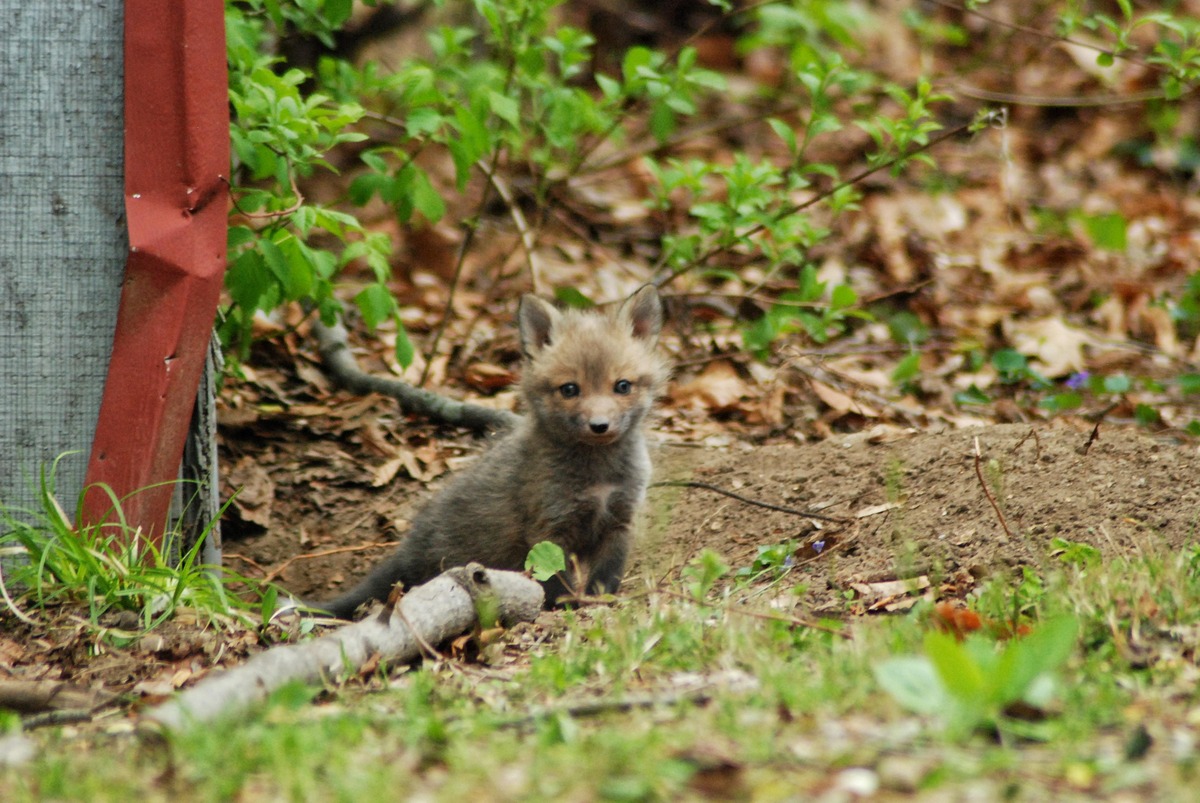
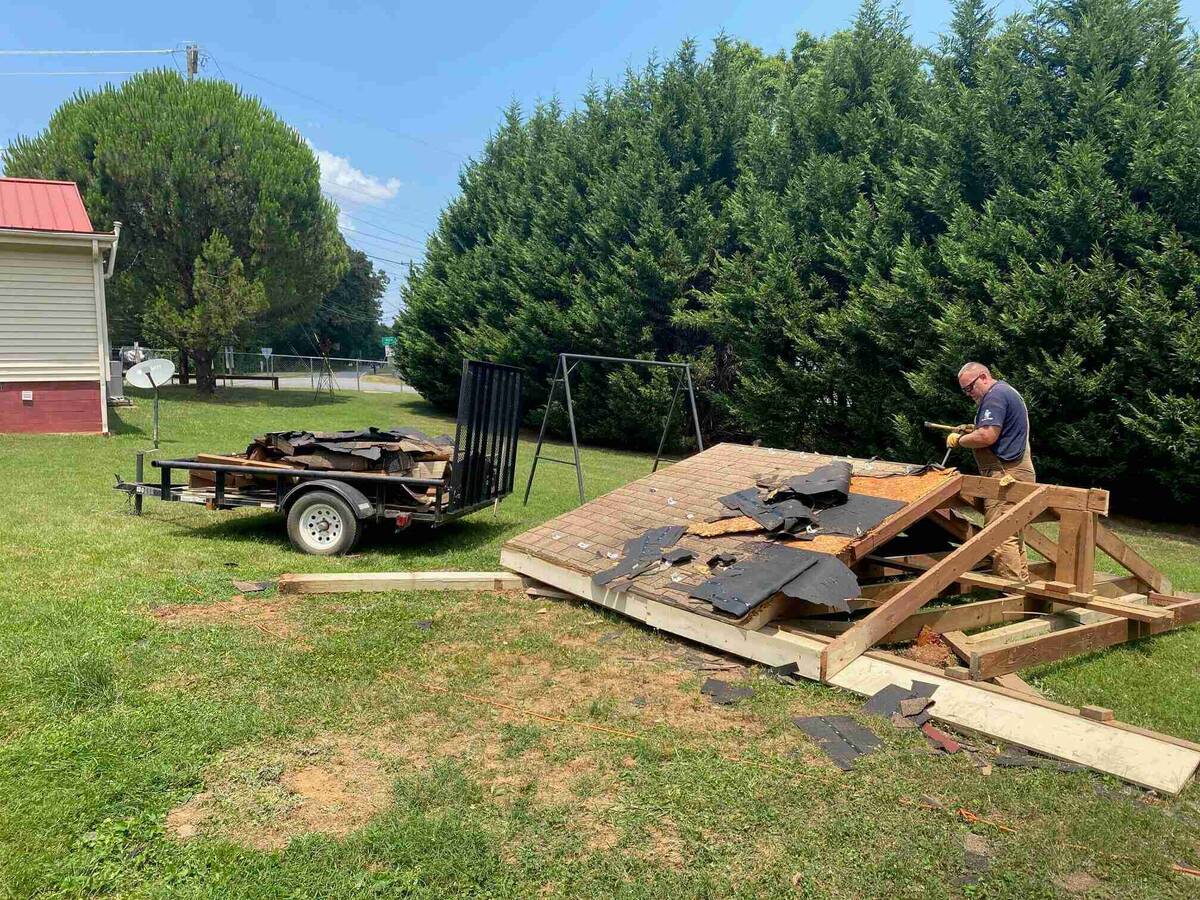
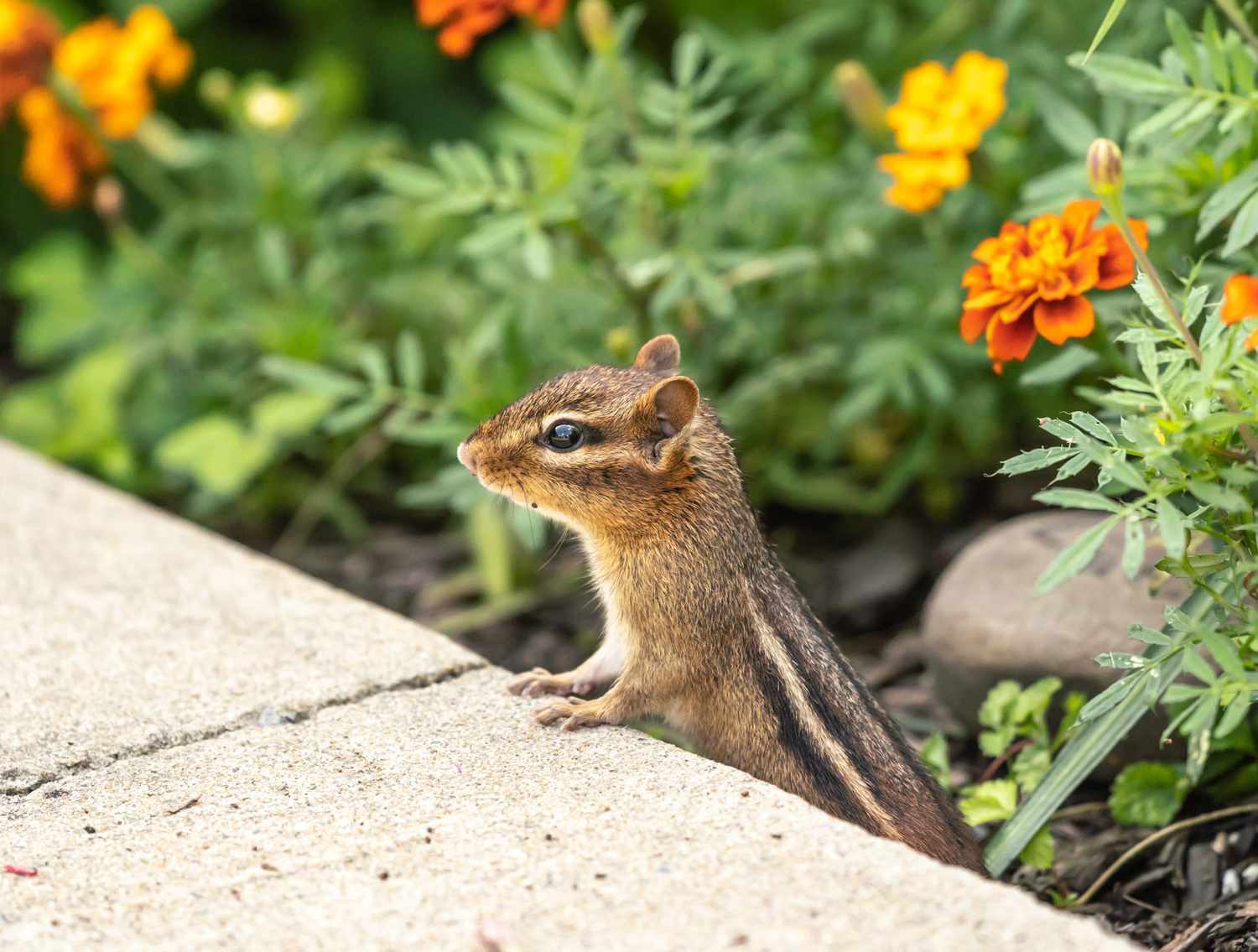
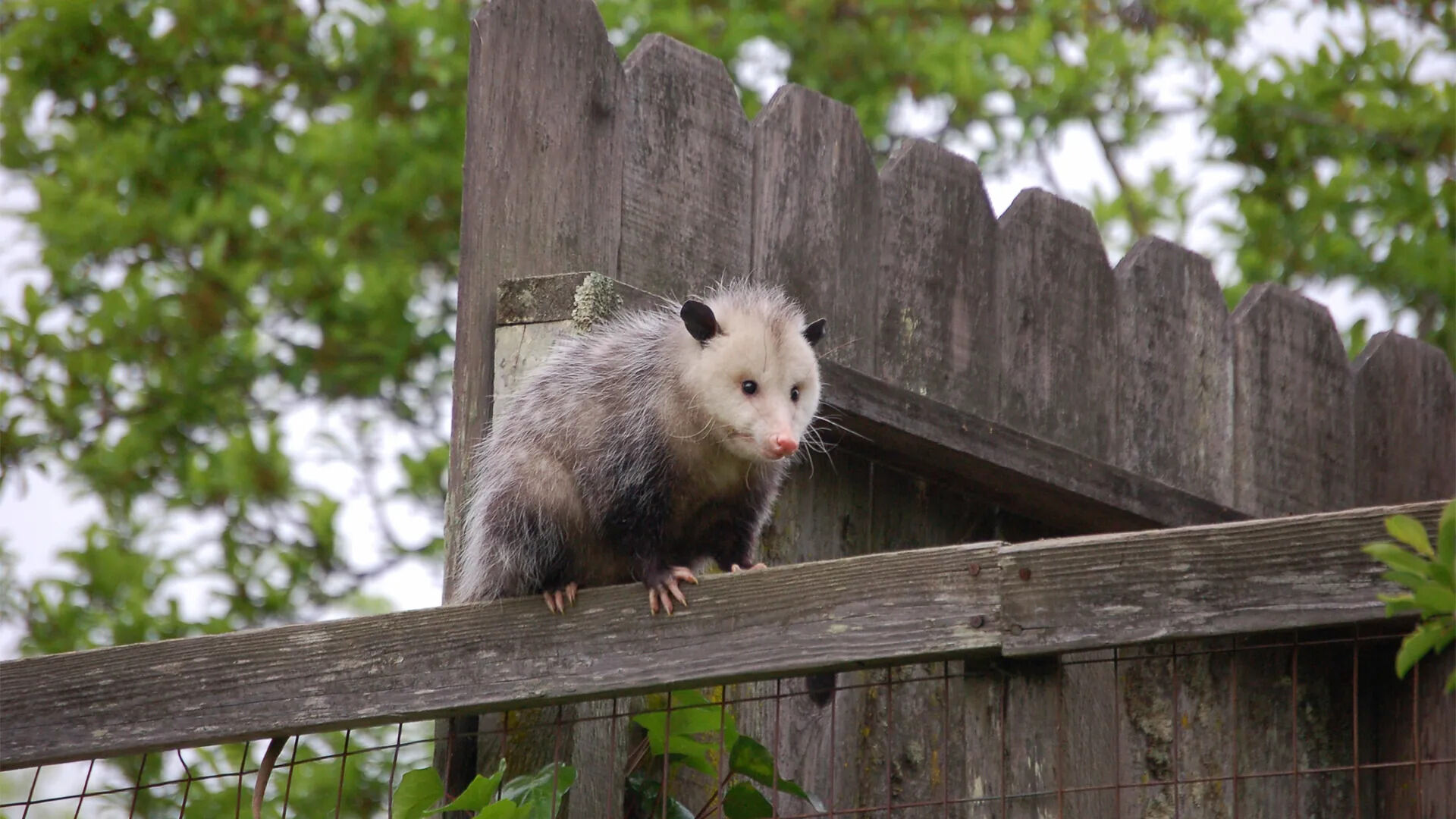
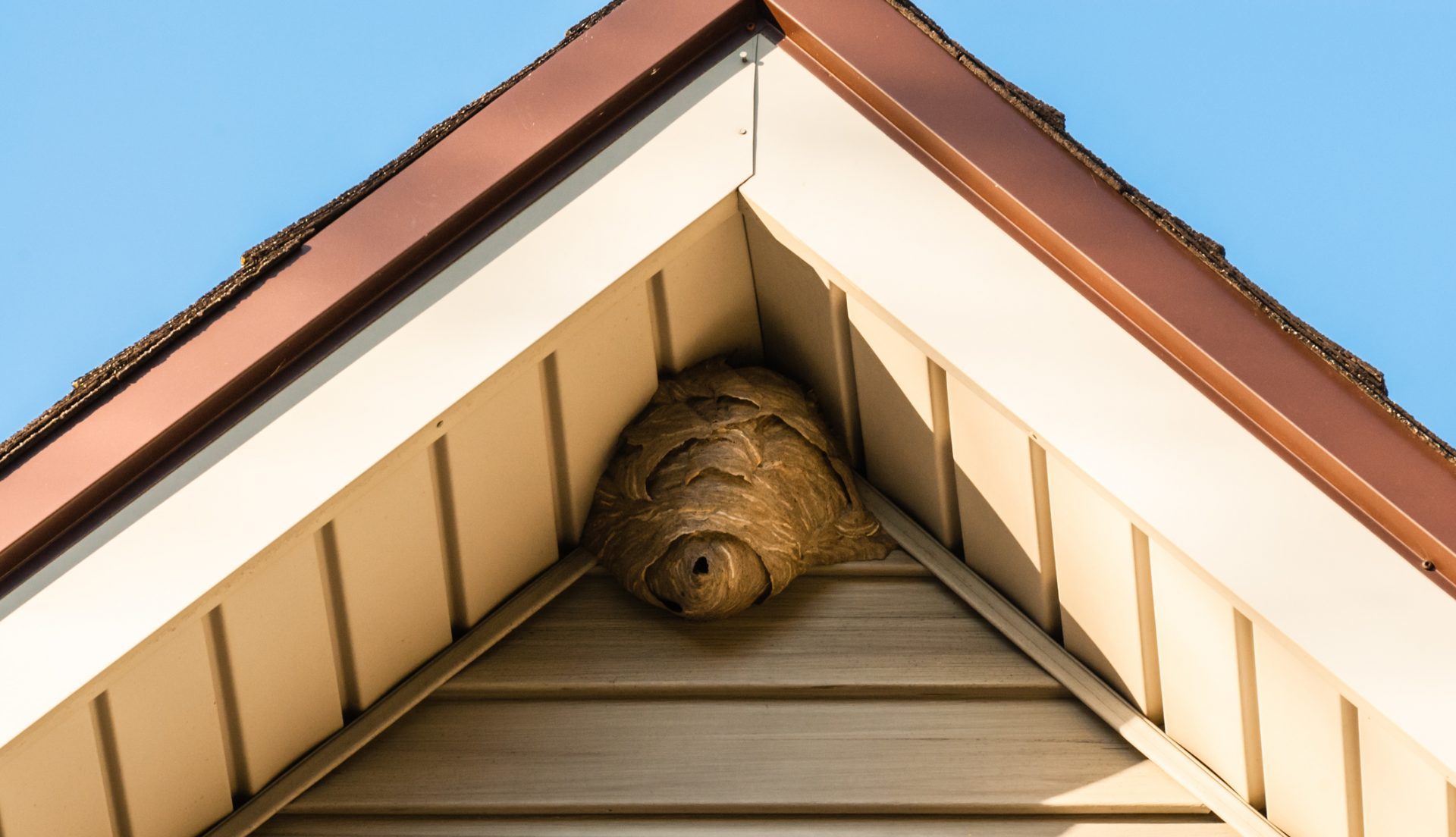
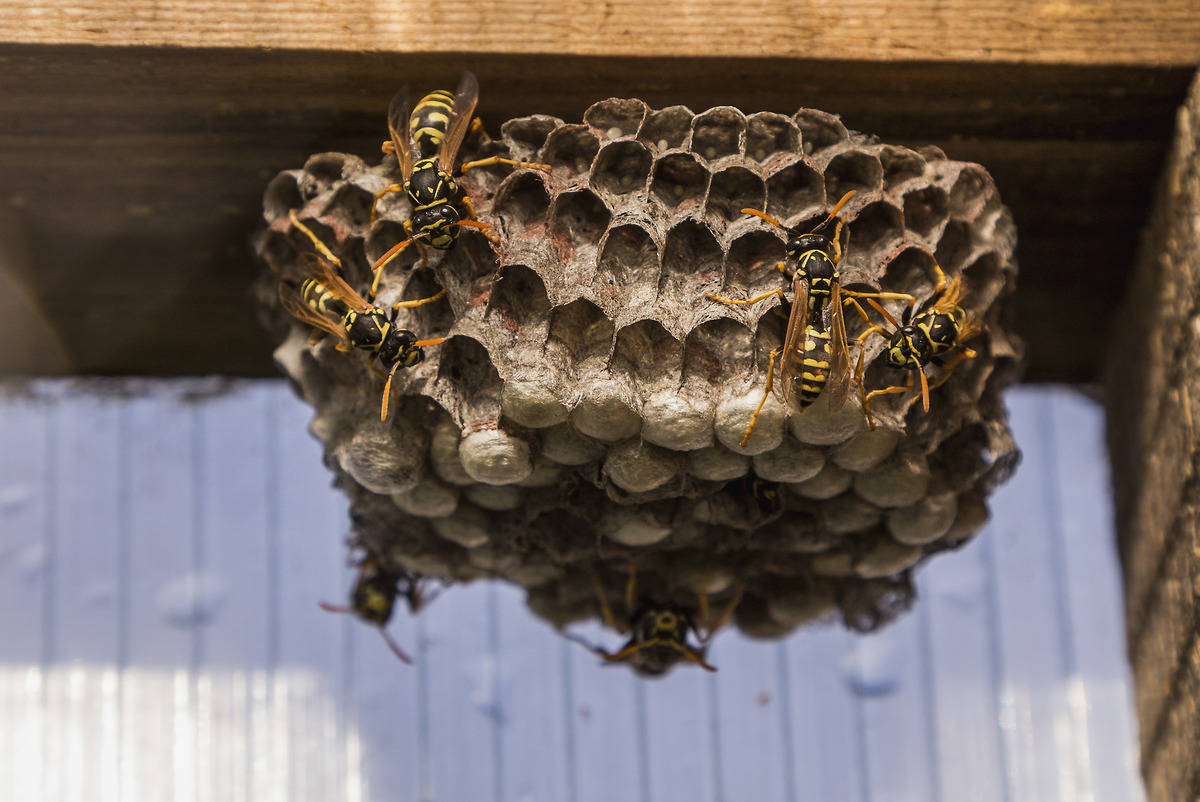
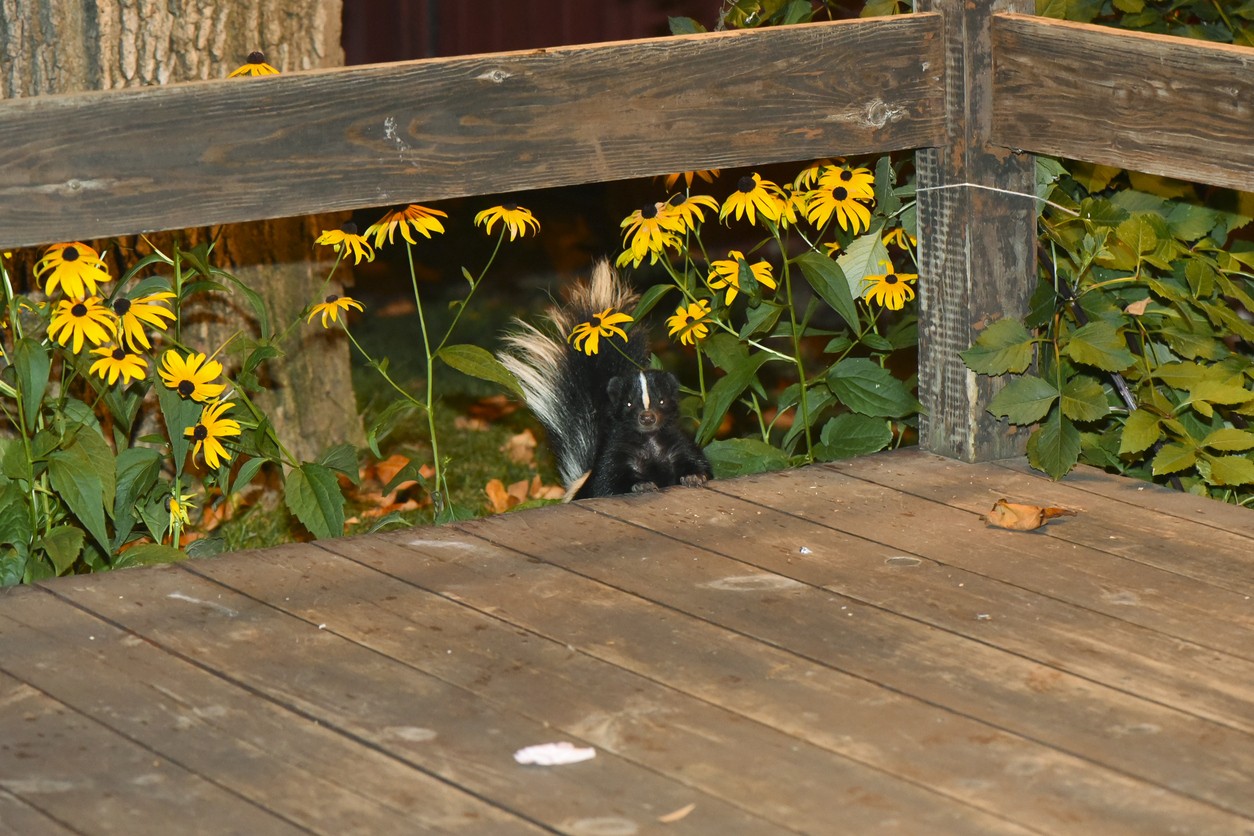
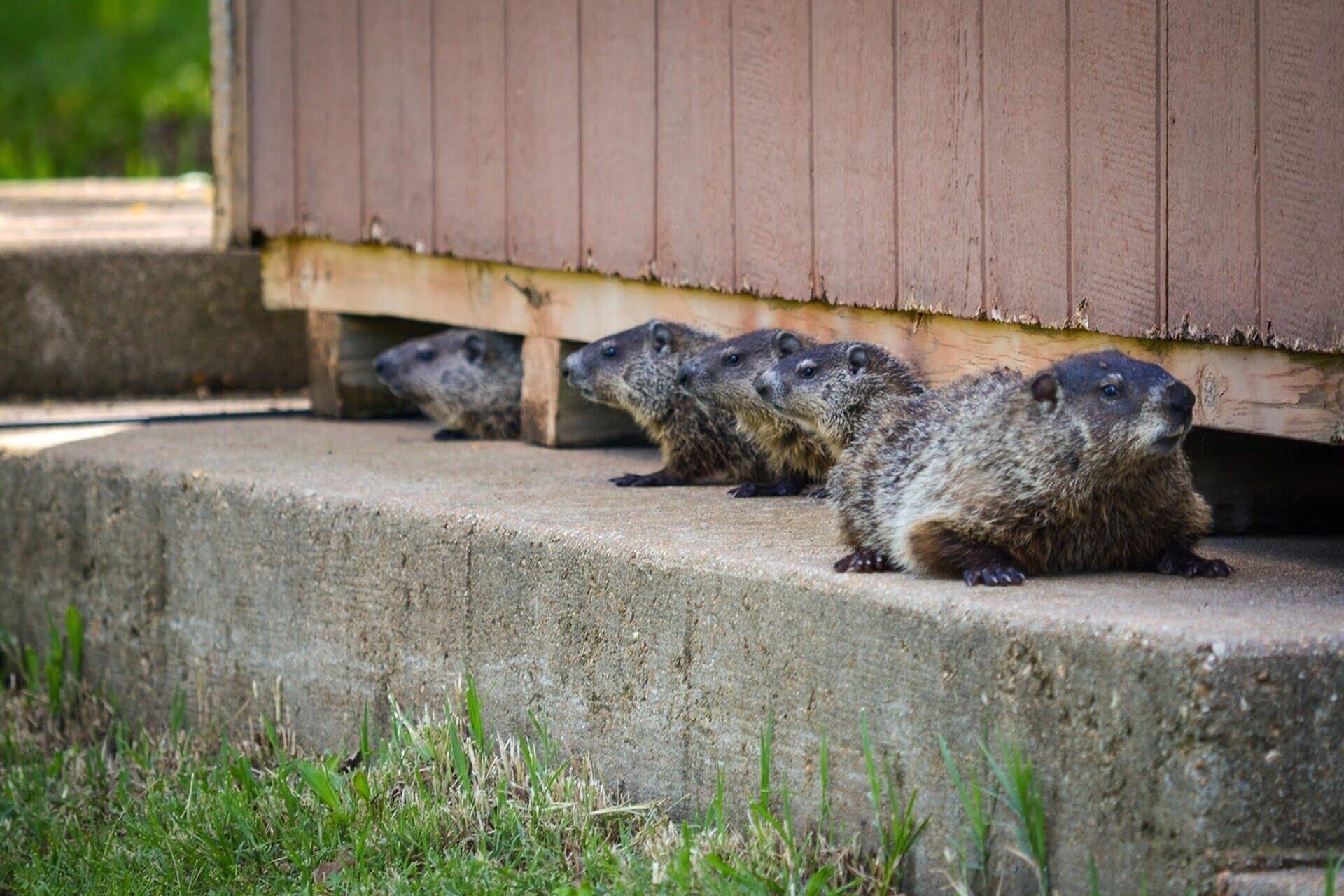
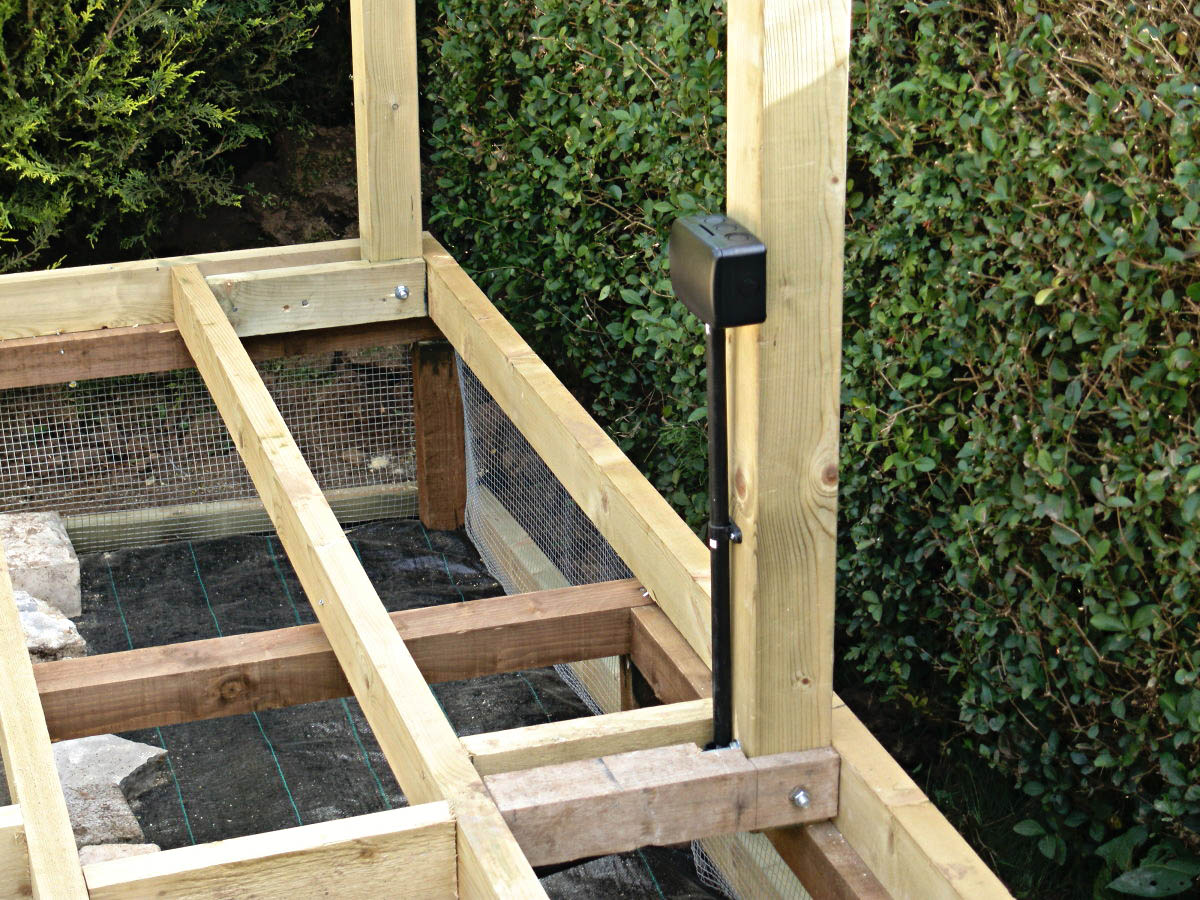
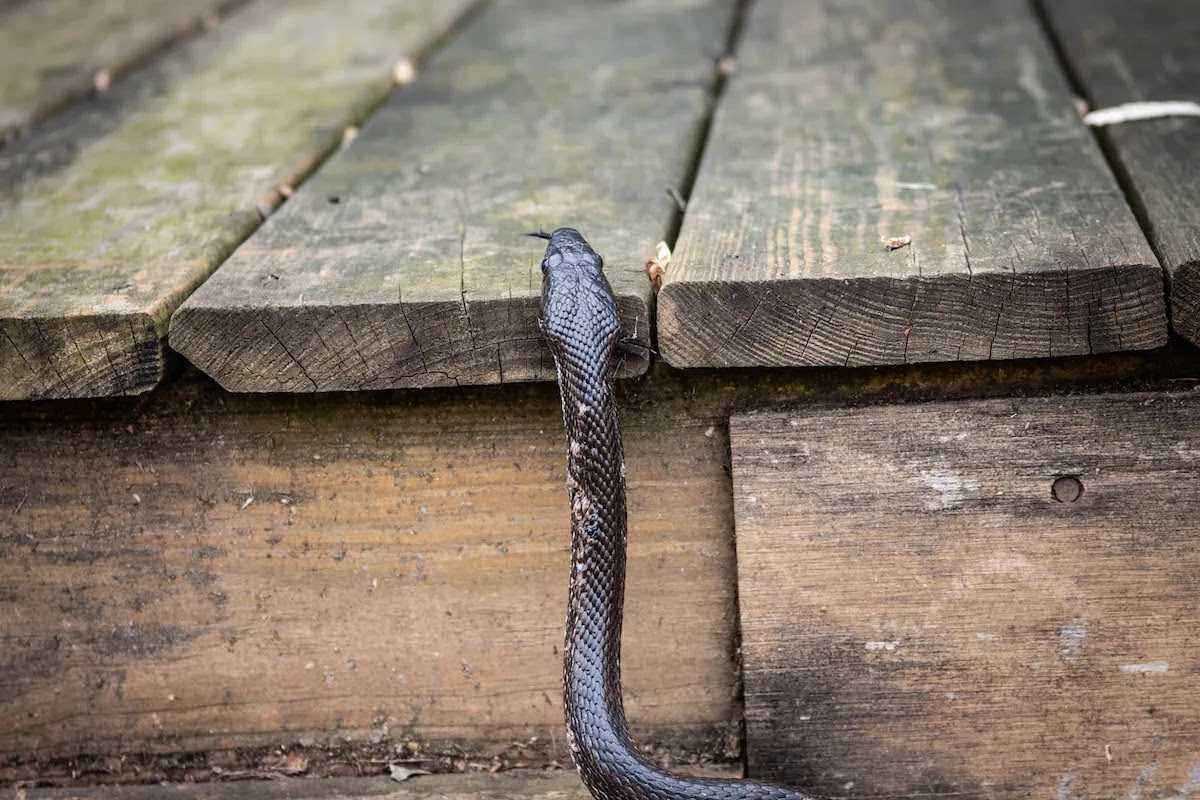
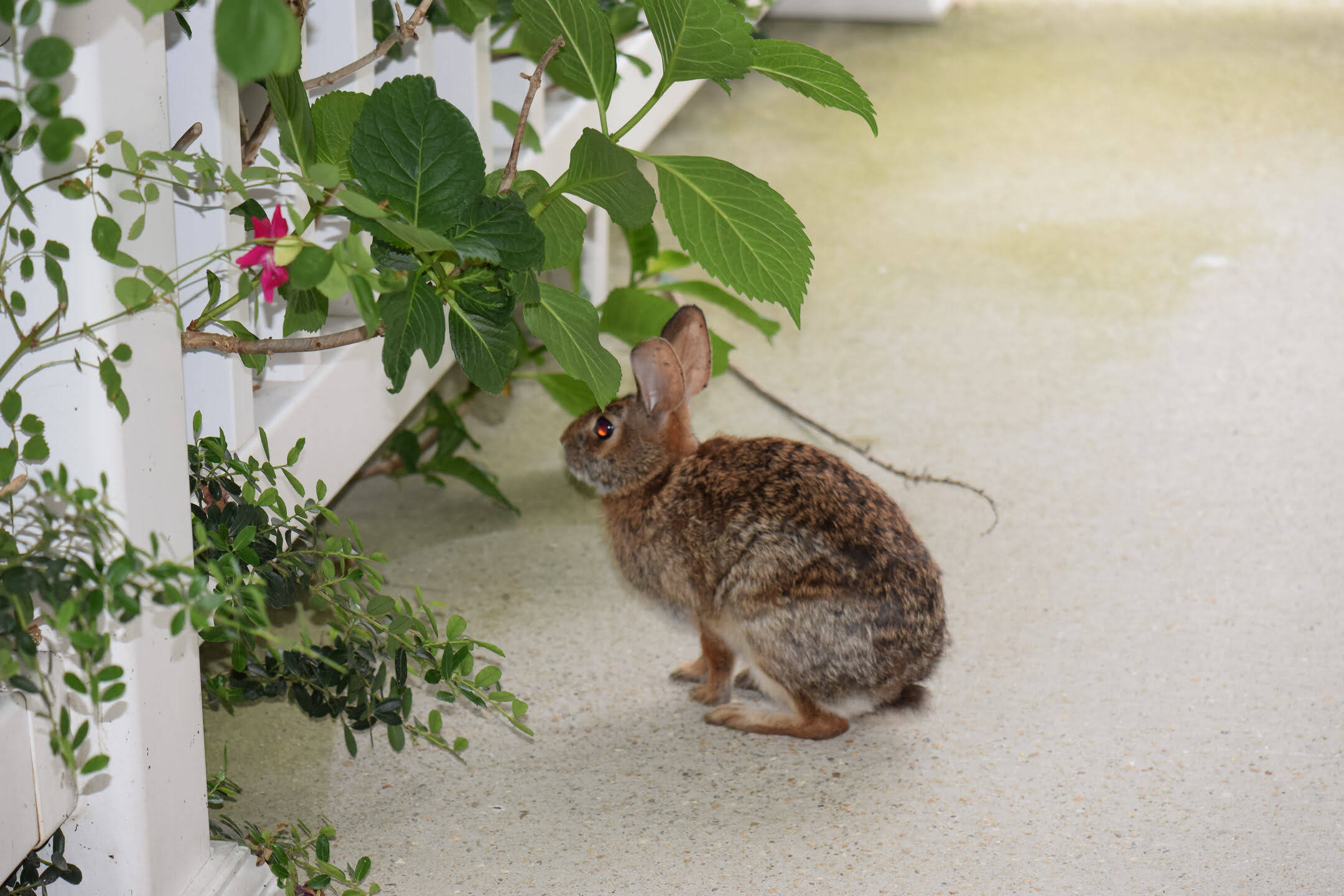
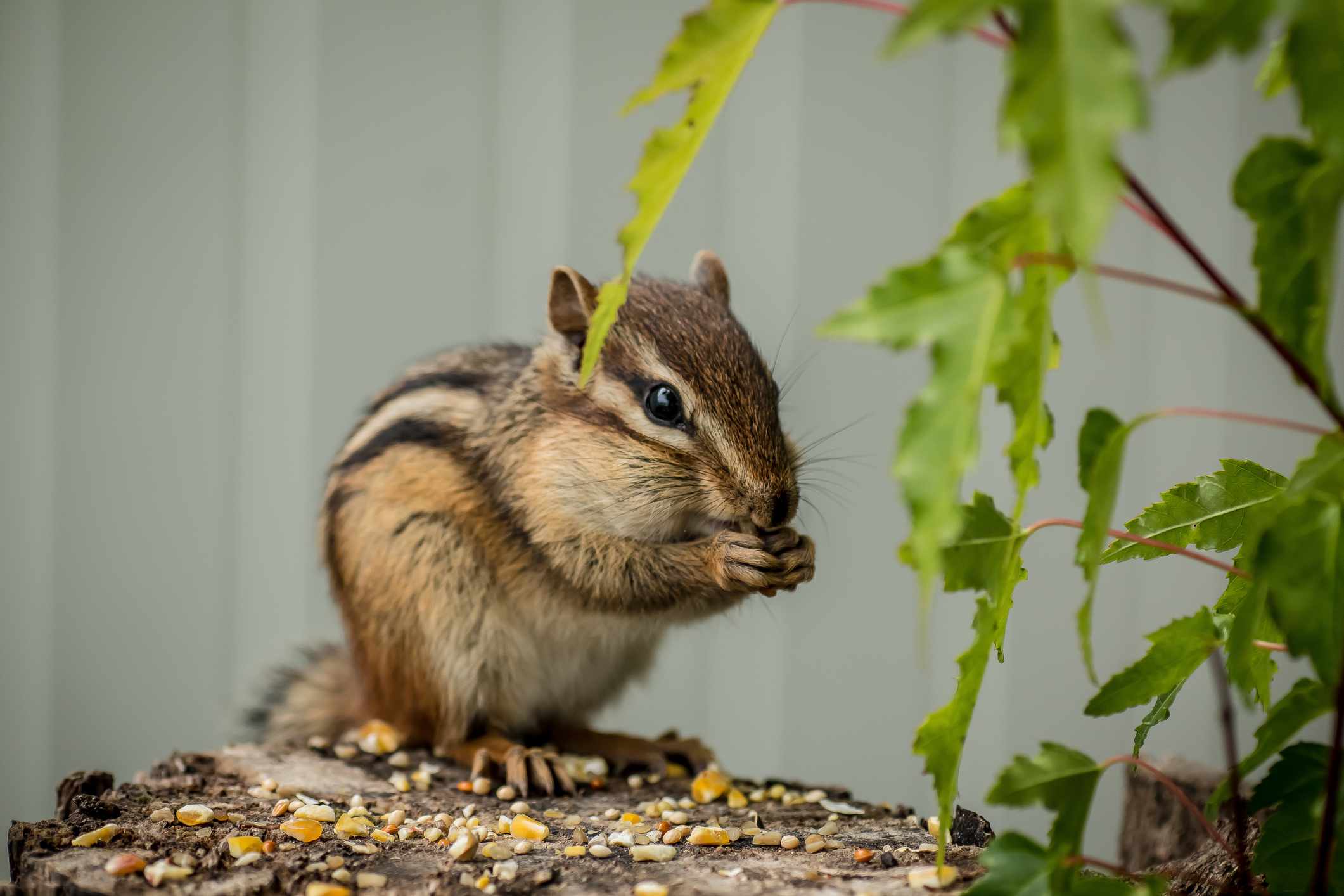
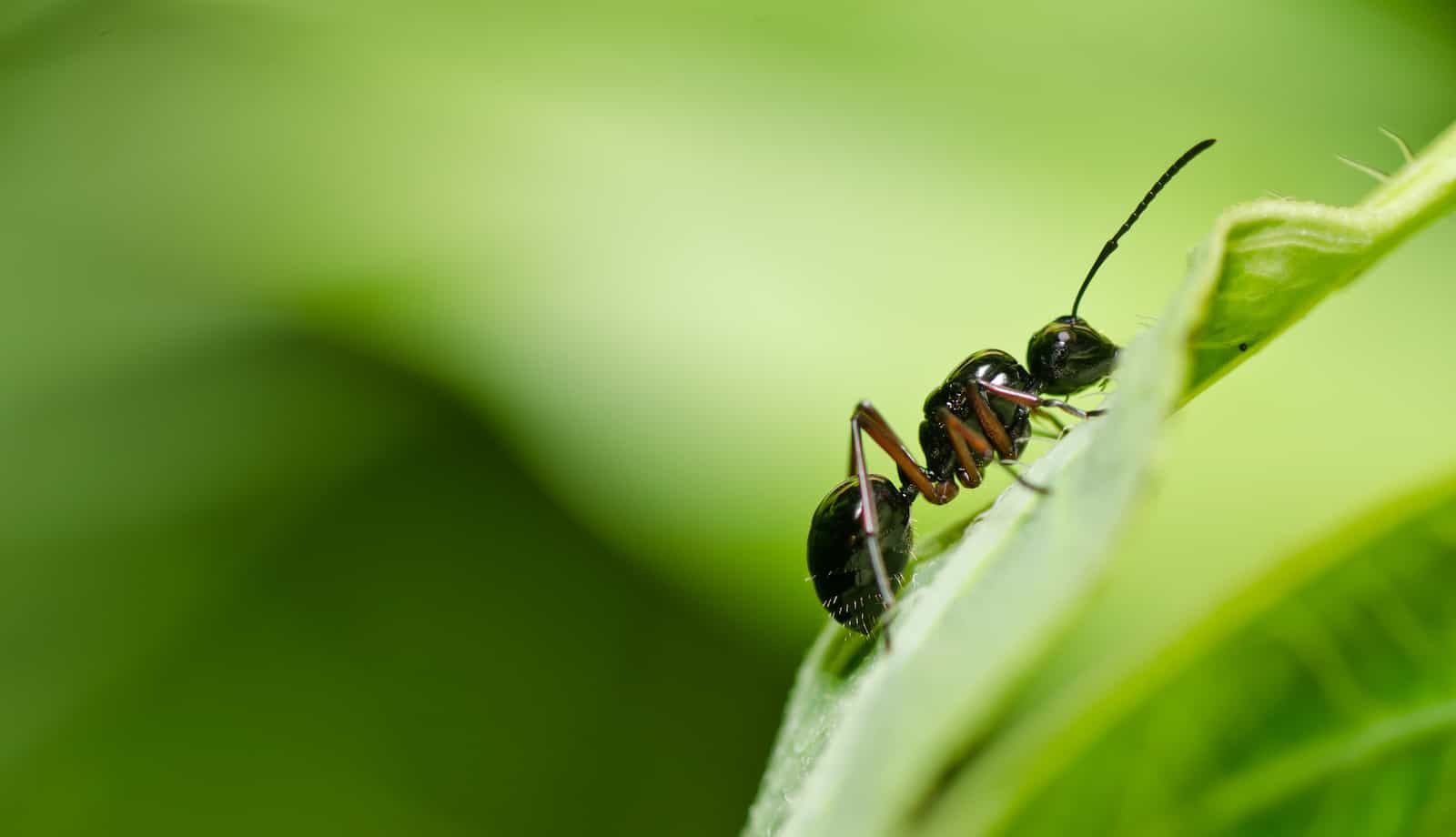
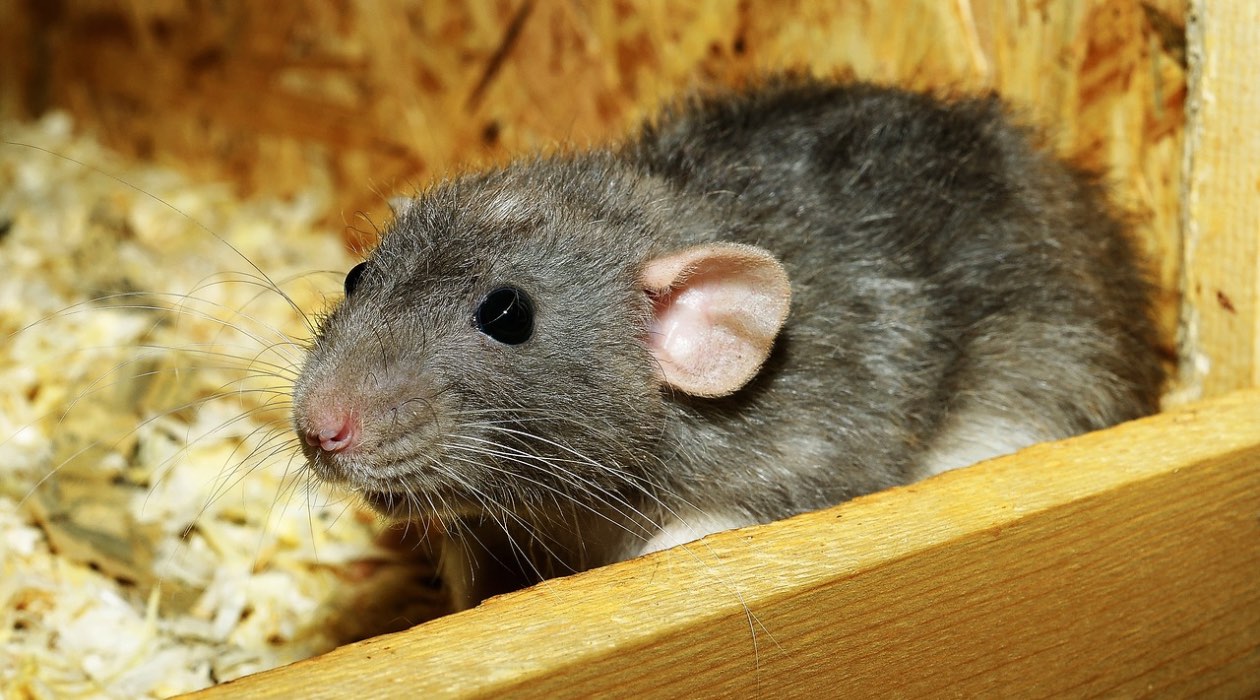

0 thoughts on “How To Get Rid Of A Possum Under Your Shed”